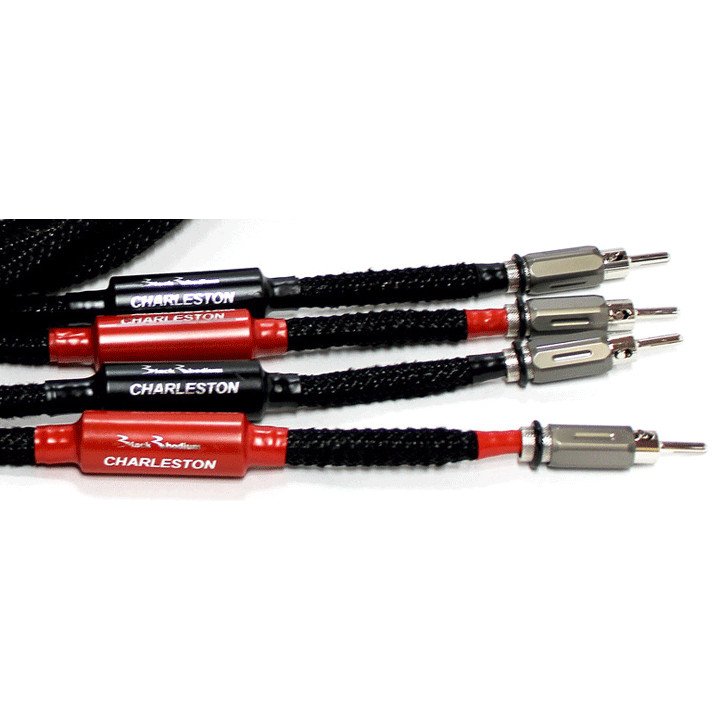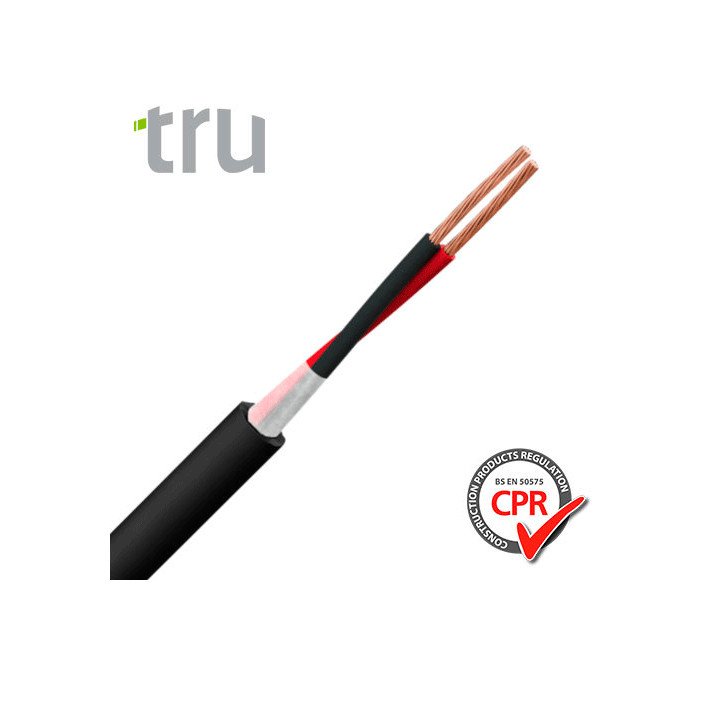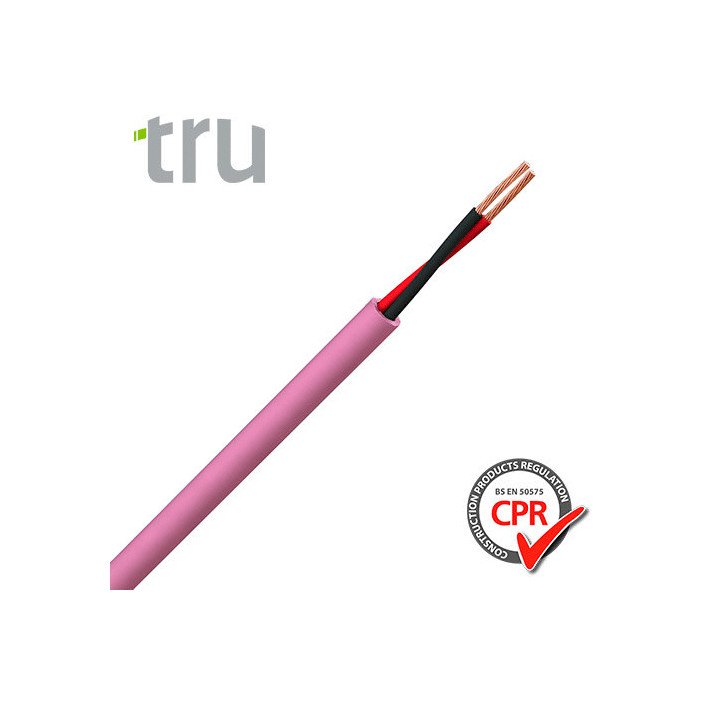Speaker Cables
A crucial part to any HiFi and Speaker setup is selecting the right cables.

Speaker Cables: Types, Performance, Wiring Types
Speaker cables are crucial for connecting audio equipment to speakers, and different types can affect sound quality, performance, and compatibility. Here are some key differences among various types of speaker cables:
-
Conductor Material:
- Copper: The most common material due to its excellent conductivity. Often used in solid or stranded forms.
- Oxygen-Free Copper (OFC): A higher purity copper that reduces oxidation and improves conductivity over time.
- Silver: Offers superior conductivity compared to copper, but can be more expensive.
-
Cable Construction:
- Solid vs. Stranded: Solid cables consist of a single conductor, providing low resistance but less flexibility. Stranded cables are made of many smaller wires, offering more flexibility and easier handling, especially in tight spaces.
- Twisted Pair: Some cables use twisted pairs to reduce interference and external noise, improving signal quality.
-
Gauge (AWG):
- The American Wire Gauge (AWG) system measures the thickness of the wire. Lower gauge numbers indicate thicker wires (e.g., 12 AWG is thicker than 16 AWG). Thicker cables can carry more current and are better for longer runs to prevent signal loss.
-
Insulation and Jacket:
- The type of insulation (PVC, Teflon, etc.) can affect durability and flexibility. Higher quality insulation can protect against interference and environmental factors.
- The outer jacket provides additional protection. Heavy-duty jackets are better for outdoor use or in harsh environments.
-
Price and Performance:
- Basic cables can be very affordable, while high-end cables may incorporate premium materials and technologies aimed at enhancing sound quality. However, differences in sound quality can be minimal, and the law of diminishing returns applies for many users.
-
Bi-wiring/Bi-amping:
- Some setups allow for separate cables to connect the low and high-frequency drivers in speakers, which can improve sound quality for audiophiles. This requires compatible speakers and amplifiers.
-
Length and Impedance:
- Longer cable runs can lead to signal loss, especially if not using adequately thick wires. It's essential to consider your setup's length and the impedance of your speakers to match appropriately.
When choosing speaker cables, it’s important to consider your specific needs, the length of the run, and the type of equipment you are using. In general, many standard speaker cables will perform adequately for home use, while audiophiles may prefer blends of high-end materials and construction for optimal sound quality.



